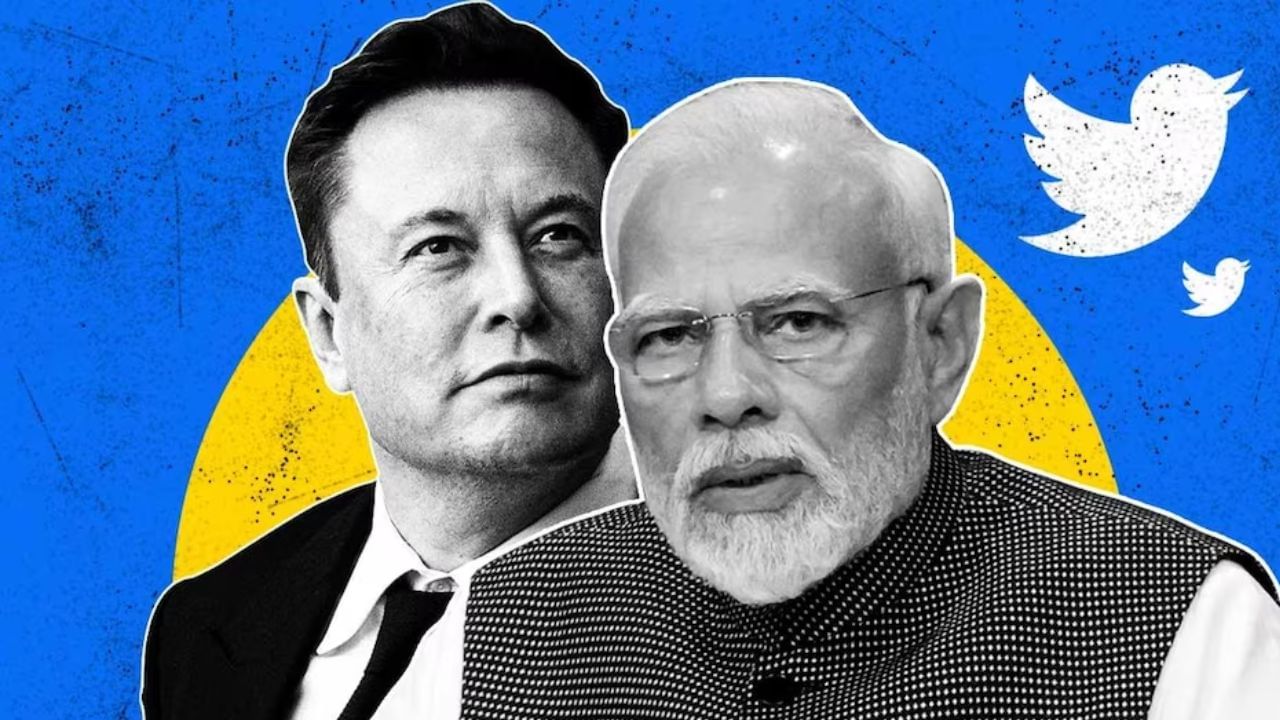


In a response to Tesla CEO Elon Musk’s call to eliminate Electronic Voting Machines (EVMs), former Union Minister Rajeev Chandrasekhar has stated that his views do not apply to India. Mr. Chandrasekhar asserted that Indian EVMs are custom-designed, secure, and isolated from any network, unlike regular compute platforms used in other countries. This comes after the news of voting discrepancies in Puerto Rico’s primary elections, which led to a review of the contract with U.S. electronic voting company Dominion Voting Systems.
Elon Musk Calls for Elimination of Electronic Voting Machines, Draws Mixed Reactions
In a recent tweet, Tesla CEO Elon Musk called for the elimination of Electronic Voting Machines (EVMs), sparking a debate on the security and reliability of these systems.
Background
Electronic Voting Machines have been used in elections worldwide for decades, with varying degrees of success. Critics argue that EVMs can be susceptible to hacking and manipulation, potentially compromising the integrity of elections. Supporters, on the other hand, maintain that EVMs are reliable and secure, providing an efficient and accurate means of casting and counting votes.
Musk's Call for Elimination
Elon Musk's call to eliminate EVMs stemmed from concerns raised by voting discrepancies in Puerto Rico's primary elections. The discrepancies led to a review of the contract with Dominion Voting Systems, the U.S.-based company that manufactured the EVMs used in Puerto Rico.
Musk's tweet read, "Electronic voting machines have too many potential failure vectors. Get rid of them and go to paper ballots."
Reaction in India
In India, former Union Minister Rajeev Chandrasekhar responded to Musk's statement, asserting that Indian EVMs are custom-designed and secure, unlike regular compute platforms used in other countries. Indian EVMs are isolated from any network, making them resistant to hacking attempts.
Top 5 FAQs
1. Are Indian EVMs vulnerable to hacking?
Indian EVMs are designed to be resistant to hacking, as they are isolated from any network and do not rely on external data or communication systems.
2. What is the difference between Indian and U.S. EVMs?
Indian EVMs are custom-designed and built for the unique needs of India's electoral system. They are isolated from any network, while U.S. EVMs may be connected to networks or use external data.
3. Why did Puerto Rico experience voting discrepancies?
The voting discrepancies in Puerto Rico's primary elections are still under investigation. However, initial reports suggest that there were issues with the configuration and operation of the EVMs used.
4. What are the advantages of paper ballots over EVMs?
Paper ballots provide a physical record of votes cast, which can be manually counted and audited. This eliminates the risk of electronic manipulation, but also makes the voting and counting process more time-consuming.
5. Why is the debate over EVMs important?
The debate over EVMs is important because it raises questions about the security and reliability of electronic voting systems. Ensuring the integrity of elections is crucial for maintaining public trust in the democratic process.

After issuing directions earlier this year to expedite the disposal of execution petitions, the Supreme Court has expressed disappointment over the fact that more than 8.8 lakh such petitions are still pending across the country. Despite disposing of 3.38 lakh petitions since March, the Court notes that the backlog is still concerning. It warns that delay in executing decrees could result in travesty of justice and directs the Karnataka High Court to provide an explanation for not submitting data on pending cases.

With election results just around the corner, the Union Home Minister has reiterated the BJP's respect for its alliance partners. The decision on forming a government in light of the election outcome will be based on the results and mutually agreed upon by all parties involved. Stay updated with News24 for the latest developments in the political sphere.

In a surprise move, President Donald Trump has commuted the sentence of former U.S. Representative George Santos, who was serving a seven-year prison term for fraud and identity theft. Santos, a New York Republican, admitted to deceiving donors and stealing the identities of 11 people, including family members, to fund his campaign. The decision was announced by Trump on social media, spurring strong reactions from both supporters and critics.

In a significant development, Defence Minister Rajnath Singh inaugurated Hindustan Aeronautics Limited's third production line for the LCA Tejas Mk1A and also witnessed the aircraft's successful maiden flight in Nashik. The event also marked the inauguration of HAL's second production line for the Hindustan Turbo Trainer-40 (HTT-40). With the approval of the purchase of 97 LCA Mark 1A fighter jets, the need for new inductions has been underlined by IAF chief AP Singh, while HAL officials remain confident in meeting this requirement.

In a significant development, over 200 Maoist rebels, including top leaders Rupesh and Ranita, have surrendered to Indian security forces in the Bastar region of Chhattisgarh. This marks a critical moment in the long-standing fight against Naxalism in the country. The region of Abujhmarh and North Bastar, known for its dense forests and difficult terrain, has historically served as a safe haven for Maoist groups, making it challenging for authorities to root out their presence. The massive surrender of Maoists is not only a tactical win but also a symbolic victory in the government's efforts to rid the "Red Corridor" of Naxalite influence.

Amidst his busy schedule, Congress leader Rahul Gandhi is set to make a heartfelt tribute to Zubeen Garg, the beloved singer of Assam, by attending his last rites at 'Zubeen Kshetra' in Sonapur. In anticipation of his arrival, strict security measures have been implemented in the area since morning, with a thorough inspection conducted by Gaurav Gogoi. With the deployment of police, paramilitary forces, and CCTV cameras, all eyes will be on the site to ensure a peaceful and incident-free event.

The Supreme Court has agreed to hear Tamil Nadu Deputy Chief Minister Udhayanidhi Stalin's plea in 2026 to combine and transfer all FIRs and complaints related to his comments on "eradicate Sanatan Dharma" made in 2023. Stalin's lawyer, Mukul Rohatgi, argued that multiple FIRs and complaints had been filed against his client and requested for the matter to be posted in 2026. The top court had previously ordered no new FIRs to be registered against Stalin without its permission, stating that multiple complaints on a single issue were not valid.

President Droupadi Murmu has announced the launch of the Adi Karmayogi Abhiyan, aimed at promoting self-reliance and self-sufficiency in every tribal village. The initiative, organized by the Ministry of Tribal Affairs, is a step towards ensuring that tribal communities are included in the development journey of the nation. The National Conclave on the Adi Karmayogi Abhiyan, held in New Delhi, saw the participation of top government officials and tribal representatives from across the country. The focus of the conclave was on "Tribal Village Vision 2030" and how to implement it for the benefit of tribal communities.

Former Trump administration national security adviser John Bolton has been charged with illegally retaining and sharing classified documents from his time in government. The indictment alleges that Bolton shared more than 1,000 pages of information with relatives through a personal email account, which was hacked by an entity believed to be affiliated with Iran. The case raises questions about the use of the Department of Justice to target political opponents.

US President Donald Trump announced his plans to meet with Russian President Vladimir Putin in Hungary to discuss and potentially end the ongoing war between Russia and Ukraine. Before their meeting, US officials will convene with representatives from Russia to attempt to reach a resolution. This comes after a phone conversation between the two leaders, in which Putin also congratulated Trump on achieving peace in the Middle East. Trump believes this success could have a positive impact on negotiations to end the Russia-Ukraine war.